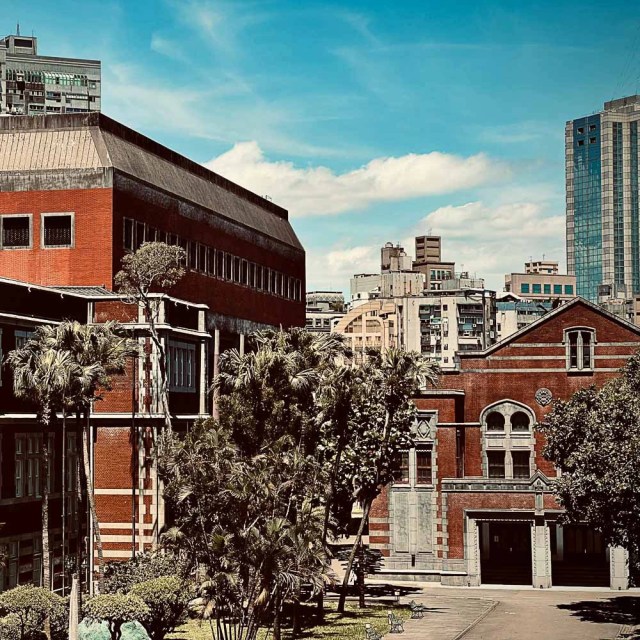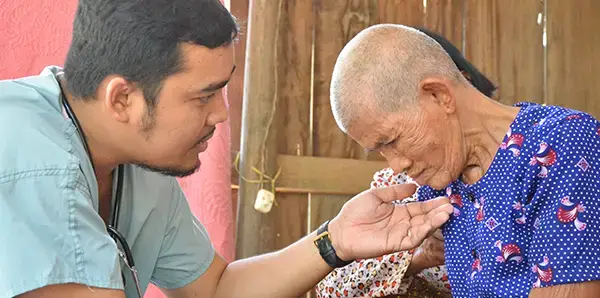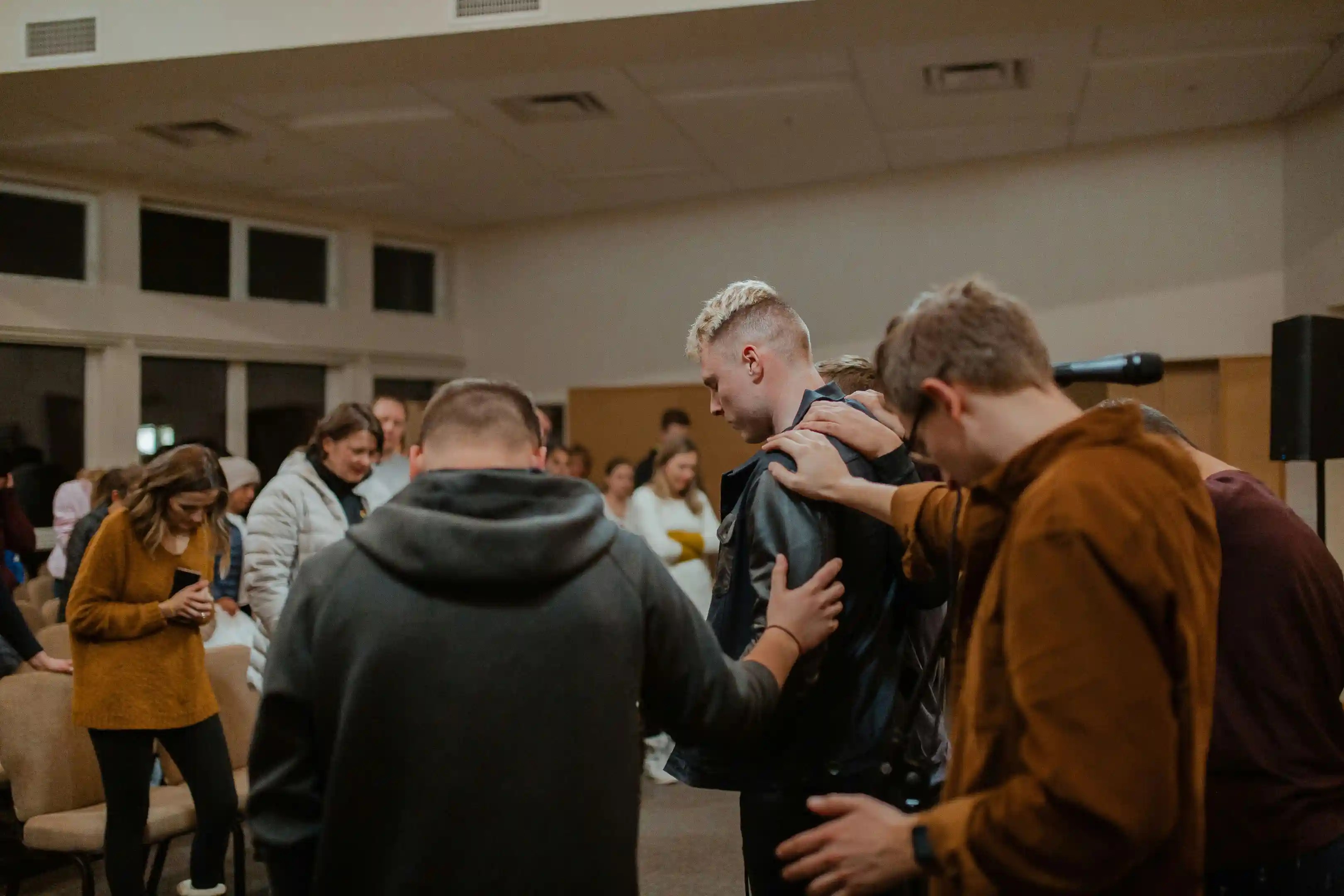4 Ways to Avoid Colonialism on the Mission Field

Isn’t missions just colonialism?
This is a valid question posed by many both inside and outside the Church. Certainly, the history of our nation involves the wrongful exploitation and imposition of our cultural practices, politics, and religion onto indigenous cultures.
Global missions is a crucial aspect of obedience to the Great Commission. If you are considering or pursuing a call to global missions, the ugly legacy of colonialism is an important concern. For many people groups around the world, Christianity remains bound to Western domination and oppression. Without taking steps to increase your cultural sensitivity, you can unintentionally perpetuate colonial attitudes and approaches and cause even more harm.
Here are four ways you can avoid a colonial mindset:
1. Exercise humility.
The heart of Western colonialism entails an attitude of superiority. A posture of humility is key to guarding against any form of saviorism or unhealthy power dynamics. While most Western missionaries would never intentionally act this way, we should be aware that we all have cultural bias and can unconsciously communicate superiority to those we are hoping to reach.
Christian humility begins with the gospel. We are sinners saved by God’s grace exhibited in the sacrificial death of Jesus. A gospel lens will shift your perspective in three important ways.
First, the gospel is a reminder that you are not the Savior. You did not have the power to save yourself nor do you have the power to save anyone else.
Second, a gospel perspective recognizes that every human being, and by extension every human culture, is tainted by sin. Gospel humility will lead you to realize the brokenness in your own worldview.
Remember that no church escapes the influence of broader culture. American Christians are not immune to pervasive secularism, consumerism, and individualism in our country, nor the damage it has caused to our souls. It has led to deficiencies in our prayer lives, relationships, emotional health, and connection with the rest of the world. We have much to learn from our international brothers and sisters.
Finally, the gospel affects the way you view other people. You’ll see other Christians, no matter how different they may be from you, as your brothers and sisters in Christ, fully equipped by the Holy Spirit to serve alongside you in the kingdom work. You’ll see unbelievers as fellow image bearers who are broken and in need of God’s grace. Their biggest need is not any type of Western idea or practice. The most beneficial thing you can do for them is introduce them to Jesus.
2. Become a learner.
Cultural awareness comes from learning. Spend significant time understanding your host country’s values, worldview, and norms. Study its history, politics, and demographics. Read books by authors from that culture, eat the food, and learn about the country’s works of art. Even if your time serving is short, make the effort to learn the language.
Then get granular with your learning. Learn everything listed above about the specific people group you will be working with—their history, values, norms, and worldview. Learn about the needs and demographics of the city, neighborhood, and community where you are living.
Nothing happens in a vacuum. The way people think and behave is a result of their collective history, politics, philosophy, religion, etc. Your cultural awareness will grow the more you commit yourself to studying these aspects of your host country.
3. Practice listening.
Listening is perhaps the most important avenue for increasing your cultural sensitivity. You will probably have a natural and admirable eagerness to jump straight into ministry. In your enthusiasm to get started, don’t minimize the importance of taking the time to build relationships with people you are trying to reach. The best people to teach you about the culture are the people currently living in it.
Several veteran missionaries advise spending at least two years investing deeply with the people in your host culture before launching a new initiative. During this time, practice asking good questions and listen twice as much as you speak.
Nationals are the people who will be able to take your general understanding of the culture to a nuanced knowledge of the way the people think, relate, and communicate. They will be able to help you adjust to living in a different culture. They can provide invaluable insights on the needs, strengths, and desires of the people in your field. Furthermore, your respect and love for the people and their culture will deepen as your relationships deepen. You’ll begin to realize and appreciate what each has to offer the other.
4. Focus on the people, not the ministry.
An American mindset tends to focus more on an organization’s vision, growth, and outcome rather than on the people. A common complaint from nationals about American missionaries is that they are far more concerned about their ministry objectives than they are about deep relationships. This is helpful to keep in mind as you head to the mission field.
While it is important to work toward objective goals, prioritizing processes, systems, and structures over people can backfire. Many missionary methods and approaches are highly Western and therefore lack the contextualization needed for effective ministry. Local believers can quickly become manpower to help reach ministry outcomes, creating a rift between the missionaries and the people they are attempting to serve.
Remember that the ministry exists for the people; the people do not exist for the ministry. Don’t confuse the means for the end. Your ultimate goal is to make disciples. Focus on the body of Christ, not on the organization.
If you are considering or pursuing a call to the field, know that there is great need for you to engage in the crucial work of global missions. As you do, it is important to address the historical legacy of colonialism. This takes work, humility, and a daily dependence on Christ. Once you get to the field, build relationships with your national brothers and sisters and rely on their wisdom. Together, by God’s grace and over time, you can build sustainable, contextualized churches and ministries that produce faithful, lifelong disciples.








